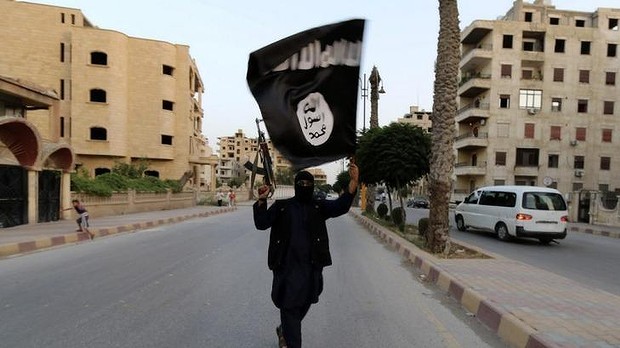UN human rights chief Navi Pillay said on Monday a ruthless campaign of "ethnic and religious cleansing" by the so-called “Islamic State” terrorists in Iraq amounted to a crime against humanity
UN human rights chief Navi Pillay said on Monday a ruthless campaign of "ethnic and religious cleansing" by the so-called “Islamic State” terrorists in Iraq amounted to a crime against humanity.
 She said their reign of terror against non-Arab ethnic groups and non-Sunni Muslims alike involved targeted killings, forced conversions, abductions, trafficking, slavery, sexual abuse, and destruction of holy and cultural sites.
She said their reign of terror against non-Arab ethnic groups and non-Sunni Muslims alike involved targeted killings, forced conversions, abductions, trafficking, slavery, sexual abuse, and destruction of holy and cultural sites.
"They are systematically targeting men, women and children based on their ethnic, religious or sectarian affiliation and are ruthlessly carrying out widespread ethnic and religious cleansing in the areas under their control," Pillay said in a statement. "Such persecution would amount to crimes against humanity," she added.
"Grave, horrific human rights violations are being committed daily by ISIL and associated armed groups," Pillay said.
Minority groups targeted include Christians, Yazidi, Shabaks, Turkomen, Kakae and Sabaeans, she said.
In the Nineveh region of northern Iraq, hundreds of Yazidi were reported killed and some 2,500 kidnapped at the beginning of August. Those who agreed to convert to Islam were being held under ‘IS’ guard. Among those who refused, the men were reportedly executed and the women and children taken into slavery, she said.
In the Sinjar region, the jihadists killed and abducted hundreds of Yazidi on August 15, she said, warning that residents of besieged villages remained at serious risk.
Pillay also condemned the forced recruitment of boys aged 15 and above, and their reported deployment of such youths as human shields on the front line. In addition, she said the United Nations had verified reports of a massacre of up to 670 detainees by the terrorists after they overran a prison in the northern city of Mosul on June 10.
Pillay called on local authorities and the international community to "take all necessary measures and spare no effort to protect members of ethnic and religious communities, who are particularly vulnerable, and to secure their return to their places of origin in safety and dignity".
